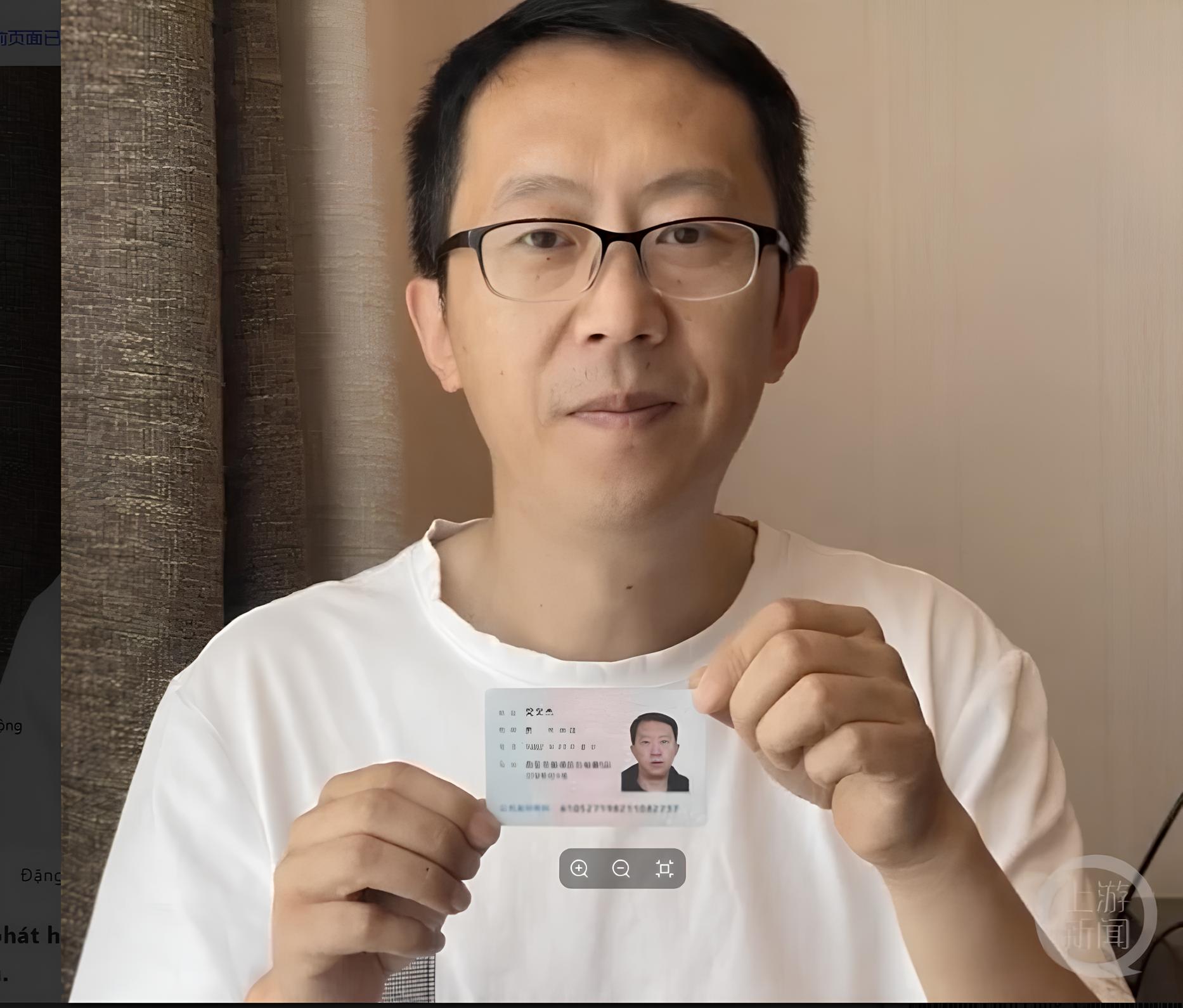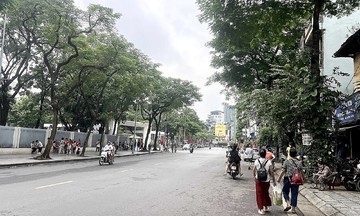The person responsible for Dang Van Kiet's ordeal is Vuong Muu Muu, also from Vi Nam. From 1999 to 2015, Vuong used Kiet's identity to enroll in school, secure a government job, get married, buy a car, start a company, take out bank loans, and even participate in civil lawsuits.
Investigations revealed that in 1999, Vuong's father hired someone to forge documents for his son. Vuong then used Dang Van Kiet's identity and academic records to study at Da Li Teachers' College in Vi Nam city. After graduation, under the assumed identity, Vuong was assigned to work at the county's Department of Education.
At the time, China still used paper identification cards without chips or digital data, making forgery relatively easy. Vuong simply pasted his photo onto Kiet's ID card to live under his identity.
In 2004, the country began issuing plastic ID cards with embedded chips storing personal information and portrait photos. Vuong continued to use the false identity for facial recognition scans and fingerprinting, solidifying his claim as "Dang Van Kiet" in the system.
Upon discovering this in 2012, Dang and his father confronted Vuong's family. The imposter admitted his actions and agreed to return the documents.
But the problems didn't end there.
Biometric data and electronic records still recognized Vuong as "Dang Van Kiet." Consequently, when checking his health insurance records, Dang discovered the photo on the card was of someone else. His credit report showed eight cards under Dang Van Kiet's name, most of them overdue, with a total debt exceeding 800,000 CNY.
The real Dang Van Kiet was blacklisted, his spending restricted. He couldn't borrow money, register his child for school, open a bank account, or even use his health insurance.
"I couldn't use facial recognition on my phone or handle ordinary civil procedures. Everything was on hold because my data didn't match my identity," Dang Van Kiet said.
 |
Kiet's identity was stolen for 16 years. Photo: QQ |
Kiet's identity was stolen for 16 years. Photo: QQ
In 3/2025, the Pu Cheng County Court sentenced Vuong Muu Muu to four months in prison and a fine of 10,000 CNY for using false identification.
However, Dang Van Kiet said he wasn't informed of or invited to the trial. He also had no opportunity to file a civil suit for damages.
A turning point came when Ly Tuan, another of Vuong's victims, helped bring the case to light. In 2017, Ly signed an interior renovation contract with someone named Dang Van Kiet and was defrauded of over 400,000 CNY.
While researching the information, he found two people with the same name and ID number. He then tracked down the real Kiet. Ly Tuan's subsequent videos brought the case to public attention.
Despite being exonerated, Dang Van Kiet has yet to fully recover his civil rights. He cannot use facial recognition to register a SIM card, and his social security records show a "data duplication" error. Every procedure requires complex verification documents, forcing him to travel extensively while his health deteriorates.
"I just want to live under my own name. I don't want to continue being a 'bystander' in my own life," he said.
Identity theft was once common in China, especially before 2010, when ID cards were paper-based, decentralized, and easily exploited.
Today, thanks to chip-based ID cards, biometrics, and interconnected data, identity theft is virtually nonexistent.
Nhat Minh (QQ.news)












